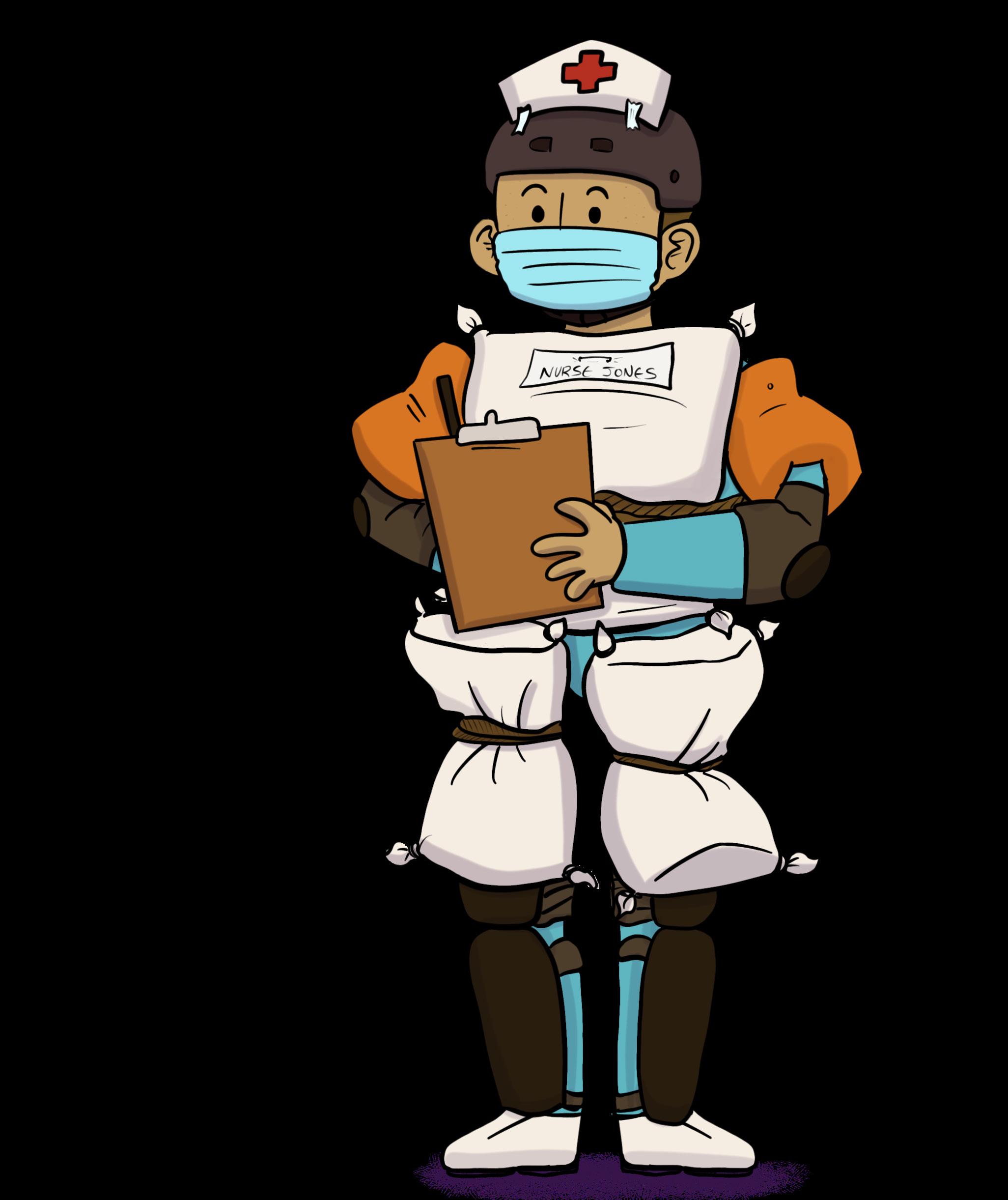
1 minute read
Time to care for the carer
When we think of the professions most exposed to violence, we think of police officers, security guards, and corrections officers. But it is the nurses that dress our wounds, give us medicine, and manage our care when we are sick and vulnerable who are in even greater physical ment. Of the jobs mentioned, the most dangerous is not the one that routinely polices violent criminals. against nurses account for 31 per of all injuries from acts of violence in British lumbia,the BC Nurses
You may expect to see that physical injuries are common among law enforcement officers.
Advertisement
Opinion
It is estimated 93 per cent of all nurses will encounter some form of physical assault in the workplace, according to the Canadian Federation of Nurses Unions. This rate of violence will cause a third of all new nurses to leave the profession after the first year on the job said the Canadian Federation of Nurses Unions. This will result in fewer nurses being available to provide care at hospitals, leading to more healthcare issues. But instead of blaming long waits at hospitals or the government for not funding the healthcare system, we would only need to blame ourselves.
To prepare nurses for this eventual life outside of their nursing schools is an eight-hour course by Langara College, giving tips and tricks on defending yourself.
This might seem like an excellent idea, but this is like having somebody watch a Gordon Ramsay cooking tutorial and then expecting them to be able to work in a professional kitchen. More than that will be needed to fully prepare anyone for anything, and nurses leaving school will be expected to deal with difficult dangerous situations and people. It is simply adding a Band-aid to the problem.

In October, the Provincial government of British Columbia decided to step in and offered to employ around 334 protection officers to guard nurses. It could be a good idea, but it has been much ado about noth- ing so far. The announcement was in October 2022, and as of January, it was reported on the CTV website that only four had been employed. That is garbage. It should not take a whole winter to hire enough security guards who can protect our caregivers. Hazel Tan, a secondyear nursing student the Voice spoke to, said that she fears being physically abused by co-workers and patients at her workplace. Instead of hospitals being places of healing, they have become places of harm, where nurses no longer feel safe. There is something we can all do to make nurses’ working lives safer, and it goes beyond banging pots and pans. We can treat these guardians of health, these helpers of the sick, with the respect and support they deserve.






